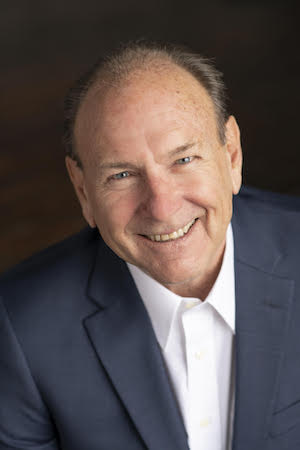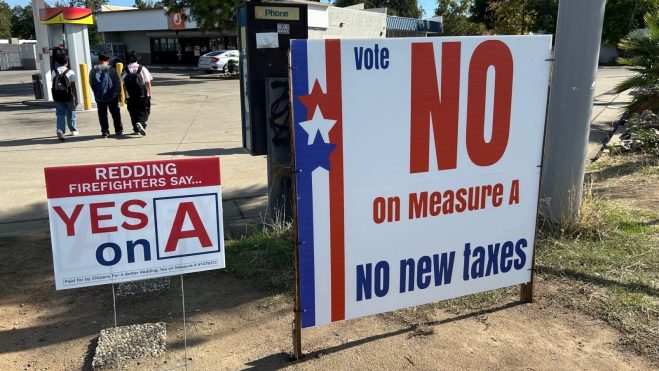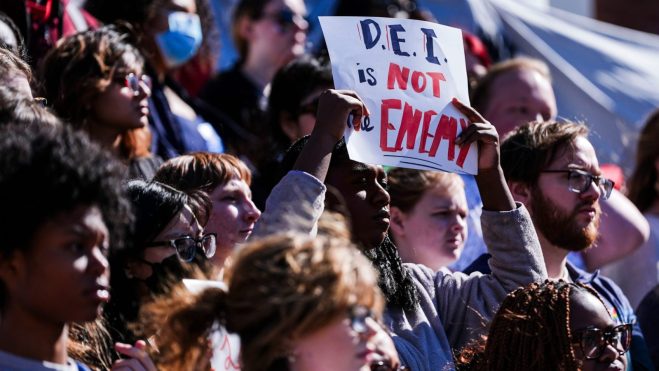Schuetz: A Tiresome Bout Of Problem Gambling Fatigue
"One of the trickier jobs in running a casino is approving credit-line increases for VIPs, which is often done well after midnight. The player generally has been drinking, is out of money, and wants more," Schuetz writes.
6 min

I think I am suffering from Problem Gambling Fatigue. I seem to be tired of the bullshit; after all, I have been around the industry for a long time. Over 50 years.
I started studying problem gambling many years ago, and my course of study fundamentally differed from the vast majority of those who talk about it. I didn’t read the literature, work to secure a grant, get a degree in a related field, or attend all of the seminars — none of that stuff.

I started my study of problem gamblers by dealing at a blackjack game and a dice table. I started this in 1971, working nights while I attended college during the day. I needed the money.
My general shift started at 9 p.m., and I got off at 5 a.m.
It was cool arriving at work at 9:00 at night. The people were reasonably sober and had dressed for dinner and/or the show (back in the day, it was dresses or skirts for the ladies, with jackets and often ties for the gentlemen). They looked good and were generally in good spirits. It was fun.
As the night progressed, this mood changed.
Fast-forward to 3 a.m. Dinner had been eaten, lots of alcohol had been consumed, maybe a show had been attended, and most everyone had been gambling. The crowds had thinned, and many had lost money.
At this late hour
Three a.m. is a tough time in a casino. Many of the folks were materially impacted by the booze. Many were losing, and many did not appear to be enjoying themselves. It seemed a lot of them were smoking, and that was easy to determine, for they were sitting on stools facing me just a few feet away. Lots of smoke and lots of grumpy people.
And lots of attitude. They were pissed about the cards they received, pissed about needing more money, pissed that their spouse would not give them more money, pissed that the dude on third base had taken the dealer’s bust card — and just generally pissed.
What they were doing would stretch the definition of fun. It seemed more aligned with it being a pathology.
As I rose up the ranks of the casino business, my study of problem gambling changed. As a senior executive responsible for the casino’s operation, my interactions with gamblers became different. I was no longer dealing with them on a game but hosting them as VIPs.
This role was all about the care and feeding of the high-end player. We might have dinner or play golf, I would provide special gifts to him and/or her, and we would do various things together. But the less pleasant side of the gambling would often raise its head.
One of the trickier jobs in running a casino is approving credit-line increases for VIPs, which is often done well after midnight. The player generally has been drinking, is out of money, and wants more. These are also the types of people who are accustomed to getting what they ask for.
Generally, they would get more, something in the neighborhood of 10%, but it could be beyond that, depending on circumstances. I had no desire to burn out the player, whom I wanted to return often in the future. When that extension was gone, his next ask generally resulted in him getting some walking-around money. Enough so he could drink, tip, or do other things like that. He was just done gambling at my store.
This often started a curious dance. They could do something similar to begging, drawing upon our friendship, or threaten me that they would never return and go to a competitor or some combination of the above. They could even get somewhat ugly, and I generally had one of our plain-clothed officers in the background, watching out for me and ready to escort them to their room if that is where they needed to be.
But the point was that this was generally a reasonably sane person with some personal success, and he was on tilt, wanting to get back in action and verging on being irrational. It was often unpleasant. One common characteristic of someone who is in the midst of wanting more money to gamble and wants it now is the dishonesty of the discussion. Lots of lying.
Everybody talks
I bring up this background to give you my 50-years-plus assessment of PG, and that is, we are damn good at talking about it — and I mean really good talking about it. We can talk about it daily and talk about it a lot. We can even have a special month dedicated to it.
Governments, lobbyists, operators, and others also brag about their problem gambling efforts. Yet, generally, the problem seems to never change.
We can also research the topic beyond belief. In my 50-plus years, I have heard hundreds of announcements about this or that study. And yet, my sense is that things really have not improved much, and there are enormous gaps in many states. It just seems like a lot of noise.
The latest heroes in problem gambling appear to be the governor and attorney general of the state of New Jersey. These two gentlemen are involved in a great and meaningful effort to fix the issues of problem gambling — if you would listen to them.
Gov. Phil Murphy recently announced the establishment of a responsible gambling task force following the publication of a study by Rutgers University addressing New Jersey gambling. He put Attorney General Matt Platkin in charge.
The study indicated that “ … nearly 6% of residents are at high risk for problem gambling — significantly more than the national average of 1%-2%.” The effort has also contained a flashy marketing push. Politicians like flashy marketing efforts if they get their names out in the public associated with an honorable effort.
A major problem with this is that these two politicians will not do what needs to be done based on the reality that there is a high degree of comorbidity between smoking and problem gambling. Allowing smoking in New Jersey casinos is comparable to throwing out the welcome mat for problem gamblers — and these two gentlemen should know it.
Let’s talk about that relationship a bit. It is generally accepted that people who suffer from problem gambling smoke. See here, here, here, and here. In fact, the degree of comorbidity between these two activities is so high that it is argued that an effective treatment protocol is to simultaneously treat both disorders.
It then seems a simple matter if one wants to address problem gambling to not allow smoking in gambling venues. But one wants to understand that both politicians are fans of smoking in casinos in Atlantic City.
Gov. Murphy once suggested that he would sign a bill mandating no smoking in casinos. That was, of course, until he later decided that was not the case. Attorney General Platkin is also pro-smoking in casinos.
It is also important to understand that “special smoking sections” do not work, and that has been clearly documented.
Calling it what it is
In the first paragraph of this article, I used the barnyard epithet “bullshit.” It is the actions taken by Gov. Murphy and Attorney General Platkin that led me to such language. In this instance, they act as if they care about problem gambling in their state and push forward a splashy campaign to associate their names with it. But looking behind the curtain indicates that they will subject casino employees, who do not have the political clout of most, to work in an unquestionably dangerous environment. And they will work in an unquestionably dangerous environment because problem gamblers are an important source of casino revenue, and they love to smoke.
The gov and AG are clearly more concerned about scoring political points than addressing problem gambling and seem to care less about the damage this does to employees within the state. Casino employees take note – they do not care about your pain and suffering and the unquestionable harm that is imposed on you by working in an unhealthy environment.
They are unwilling to interrupt the tax revenues of the problem gambler, and that is more important than you are.
Unfortunately, in the gaming industry today, this is what many people think is leadership.
Richard Schuetz entered the gaming industry working nights as a blackjack and dice dealer while attending college and has since served in many capacities within the industry, including operations, finance, and marketing. He has held senior executive positions up to and including CEO in jurisdictions across the United States, including the gaming markets of Las Vegas, Atlantic City, Reno/Tahoe, Laughlin, Minnesota, Mississippi, and Louisiana. In addition, he has consulted and taught around the globe and served as a member of the California Gambling Control Commission and Executive Director of the Bermuda Casino Gaming Commission. He also publishes extensively on gaming, gaming regulation, diversity, and gaming history.






